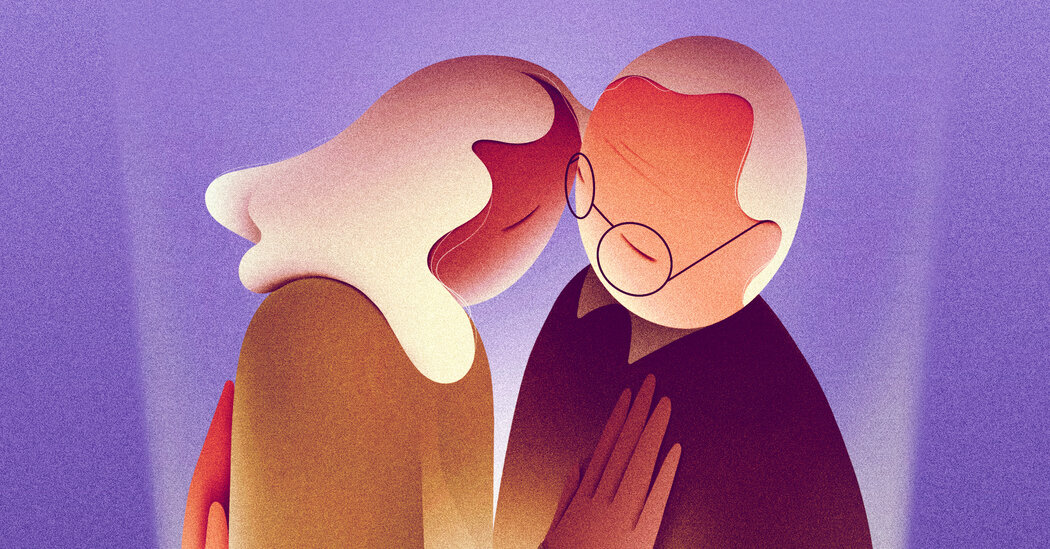
When my marriage collapsed after 23 years, I was devastated and overwhelmed. I was in my 50s, with two jobs, two teenage daughters, one dog. I didn’t consider dating. I had no time, no emotional energy. But then a year passed. One daughter was off at college, the other increasingly independent. After several more months went by, I started to feel a sliver of curiosity about what kind of men were out there and how it would feel to date again. The last time I dated was 25 years ago, and even then, I fell into relationships mostly with guys from high school, college, parties, work. Now every man I knew was either married, too young, too old or otherwise not a good fit.
That meant online dating — the default mode not just for the young but also for people my age. My only exposure had been watching my oldest daughter, home from college one summer as she sat on her bed rapidly swiping through guy after guy — spending no more than a second or two on each. “Wait,” I kept saying. “Slow down. How do you know? What’s wrong with him? Or him?”
Soon enough, I signed onto Match, and then the dating apps Bumble and Hinge. And over the past 18 months, I’ve felt waves of excitement, hope, frustration, boredom, discouragement. I’ve gone on great and not-so-great dates, had relationships and ended them, paused and restarted apps, over and over again.
Online dating is a mixed bag for most people — queer, hetero, nonbinary. Plenty of them do find love, including on their very first match. But many of us have to swim through a dispiriting sea of hundreds of people, most of whom we are unlikely to ever want to date. That includes profiles that are fake, created by scammers to try to lure private information from users. And while most profiles are real, sometimes their photos are not so much: More than one person told me that photos can be so outdated or filtered that they barely recognized their date when they met. And the writing is often littered with clichés. “Looking for a partner in crime.” “I will make you laugh.” “I live life to the fullest.” Then there’s the irritating experience of seeing the people you already declined pop up again and again and again.
As tough as the process can be, older women have it worse than most. They report more negative online-dating experiences compared with men of all ages and younger women, according to a Pew Center for Research study. That may in part be because of their dearth of choices. The pool of men narrows with time: Men’s life expectancy is seven years shorter than women’s.






